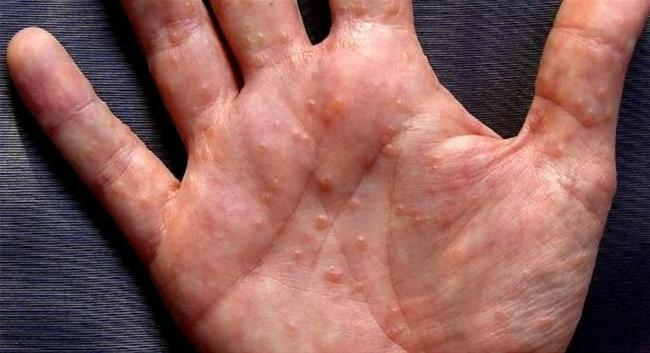Cancer is one of the diseases that many people fear, and it is ranked number one cause of death in Korea. However, there is “thyroid cancer,” which has a high incidence but relatively slow progression rate among cancer types. This cancer has a characteristic that symptoms do not appear significantly in the early stages of the outbreak to the extent that it is nicknamed “good cancer.”

The thyroid gland is one of the organs that plays a very important role in the human body and secretes thyroid hormones and calcitonin. However, if a malignant tumor is found in this thyroid gland, it is diagnosed as “thyroid cancer,” which is mainly high in the 15-34 age group. According to the 2019 National Cancer Registration Statistics, the incidence of thyroid cancer among all cancers is quite high at about 12%.
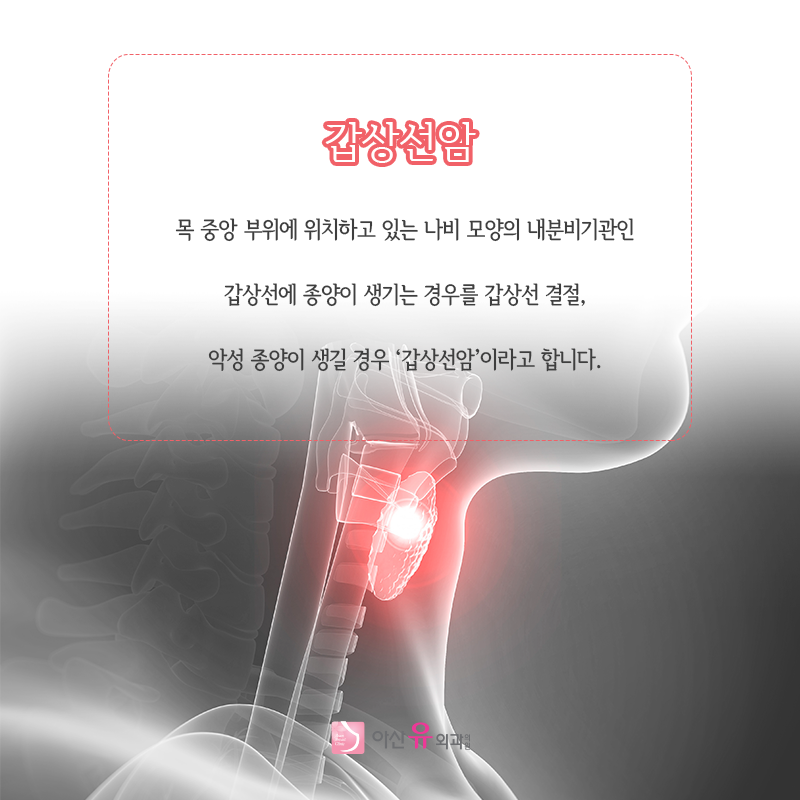
In addition, small tumors or bumps found in the thyroid gland are called “thyroid nodules,” about 5% of which are diagnosed with thyroid cancer. Among these thyroid cancers, there are various types, and most of them are diagnosed with “papillary cancer,” while the rest are classified as follicular cancer, hypodifferentiated cancer, and undifferentiated cancer.
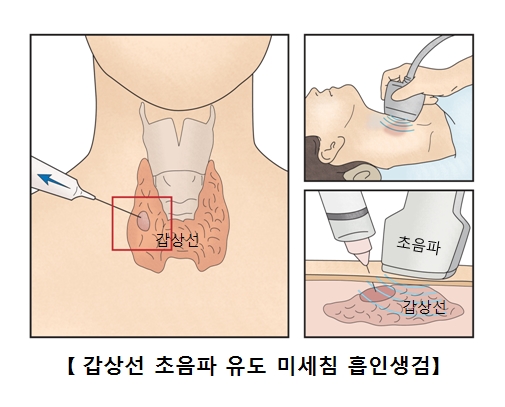
Questions can also arise about how to treat thyroid cancer, which has such a high incidence. There are many ways to treat thyroid cancer, but the most basic and important treatment is “thyroid cancer surgery.” The treatment depends on the patient’s condition, type and size of thyroid cancer, and is divided into pre-removal surgery and follicular medication.

If you undergo a total resection, thyroid hormone secretion is not smooth and hormone replacement is required for life. On the other hand, even if you have surgery with a follicle, you can get diseases such as hypothyroidism, so hormone replacement may be necessary. In addition, patients with a high risk of recurrence can receive radioactive iodine treatment in addition to surgery.
Thyroid cancer is a cancer that is highly likely to recur and metastasize It is known as one. Therefore, continuous observation and management are essential even after thyroid cancer surgery. Among the characteristics of thyroid cancer, systematic management is required to prevent differentiated cancers by emphasizing that they are likely to recur within a few years even after primary treatment is completed.
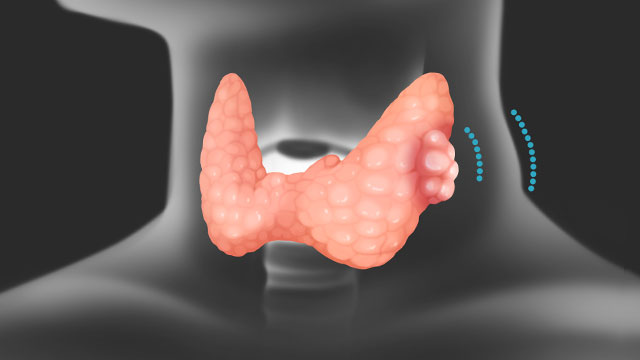
Thyroid cancer nursing hospitals offer a variety of treatments to help reduce the risk of cancer recurrence. Among them, collaborative treatment that combines medicine and oriental medicine is provided on a 1:1 customized basis.
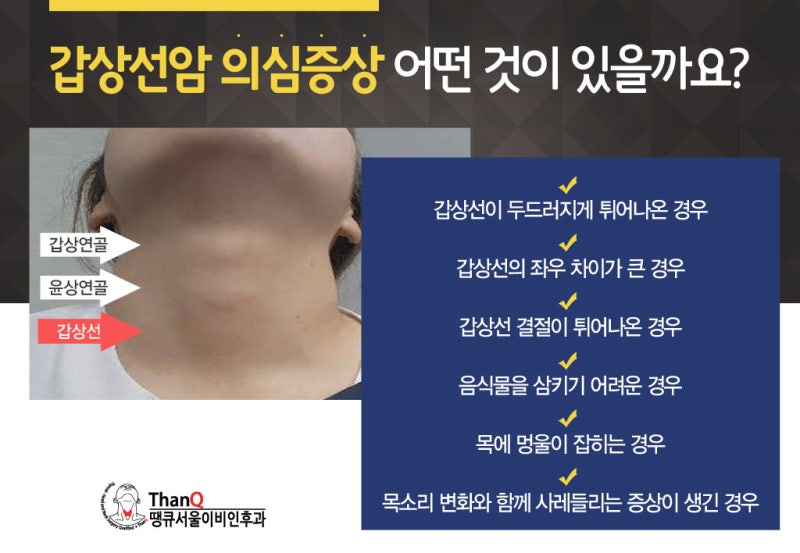
In addition to these treatments, our nursing hospital operates an integrated laboratory focusing on research and development.

Immune needles conducted at our nursing hospital are treatments that help strengthen immunity by using drugs and can also help prevent cancer cell metastasis and recurrence. In addition, regenerative and painkiller acupuncture can reduce pain caused by cancer, strengthen muscles and help regenerate bones.

In addition, this nursing hospital also provides programs to reduce cancerous pain and recover physical strength, and strives to support patients’ health in various ways, such as improving immune cell function by using hyperbaric oxygen therapy and high-frequency thermotherapy.

of other characteristics of thyroid cancer care hospitals One is thorough menu management.

Our nursing hospital provides inpatients with a healthy diet designed based on the five major nutrients, and the menu is prepared by a meal chef-turned-chef team, so you can expect healthy and delicious meals.Previous Image Next ImagePrevious Image Next ImagePrevious Image Next ImagePrevious Image Next ImagePrevious Image Next Image
